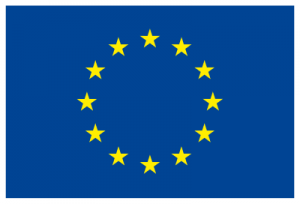‘Innovation’ refers to the process and outcomes of bringing about novelty in ways that demonstrate progress or improvement with respect to solutions offered in the past. Innovation can be represented at every level of the social and physical world which can be changed through human agency, and can encompass mere ideas, concepts, theories, but also new technologies, equipment, devices, forms of social organisation, or socio-technical systems. An innovator is an individual or an organization through whose agency something better than before is brought into being.
In the future of the Cultural Heritage sector, memory and heritage institutions will continue to be relevant for a society in constant evolution if they maintain a climate in which new ideas and risk-taking are encouraged. The digital era has brought to Cultural Heritage professionals and institutions the opportunity to create, develop and apply technology to enrich educational purposes, encourage audience awareness and achieve business development goals. Keeping pace with technological advancement and the evolution of social needs and interests demands cultural institutions to demonstrate innovative thinking and proactive behaviour.

